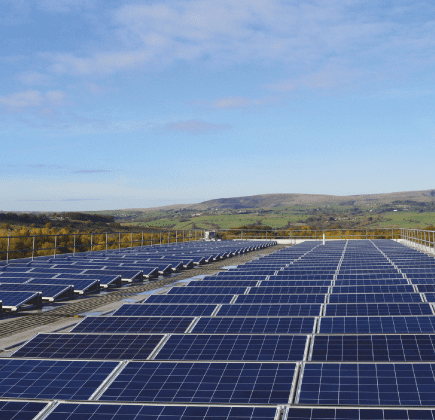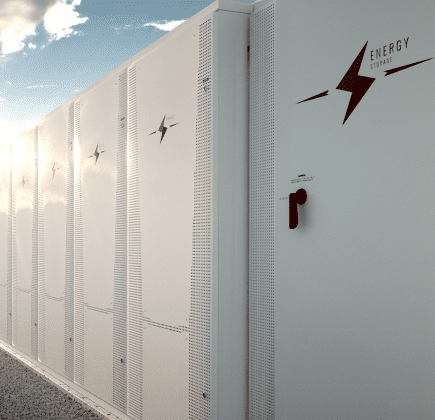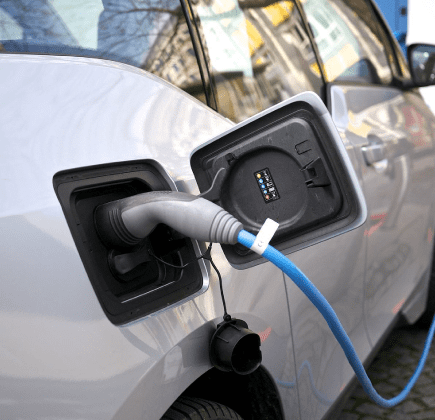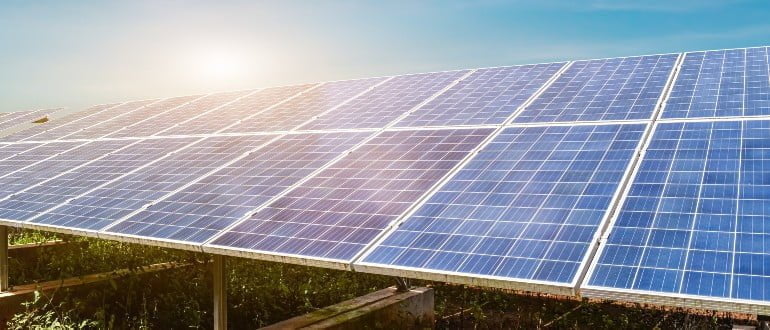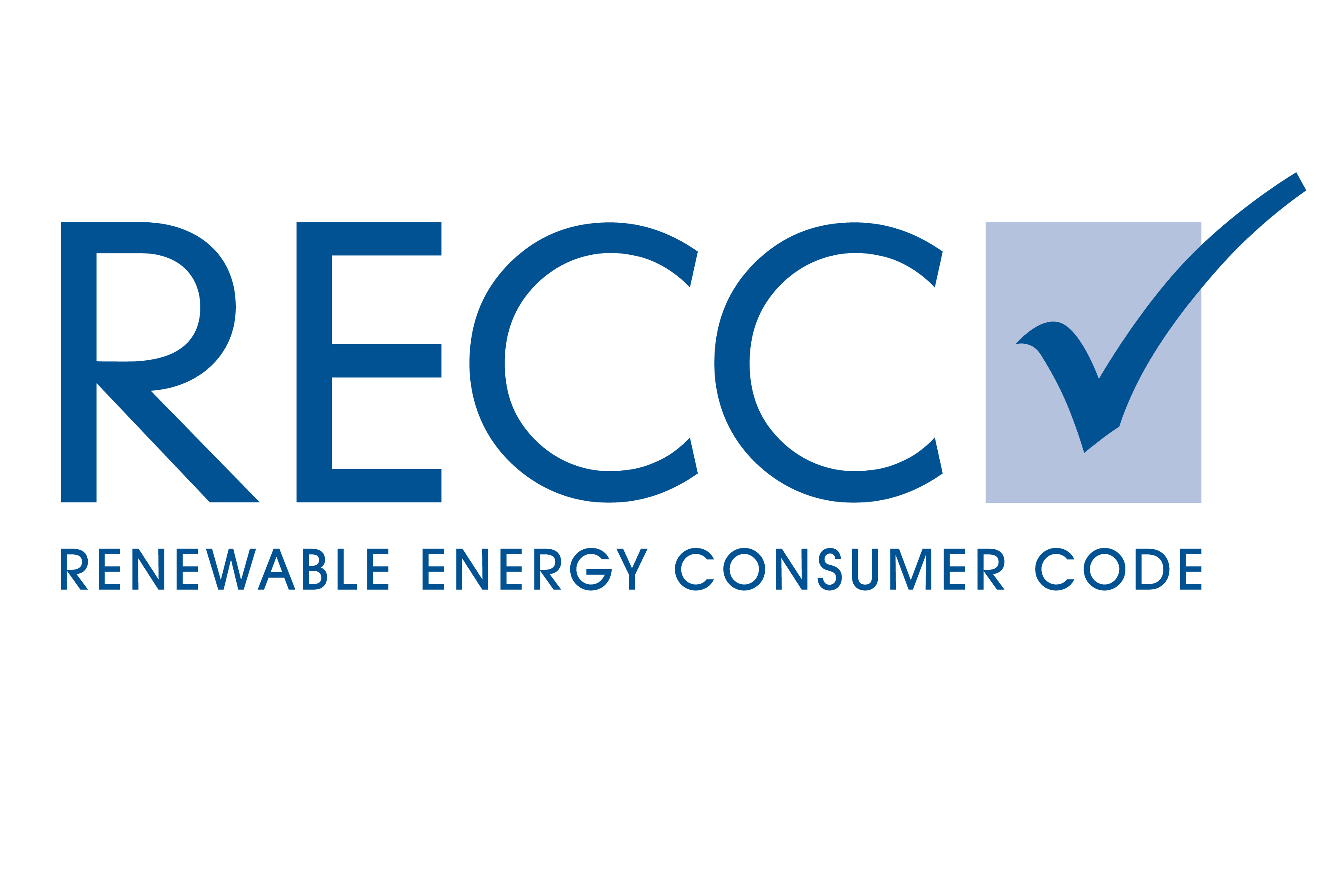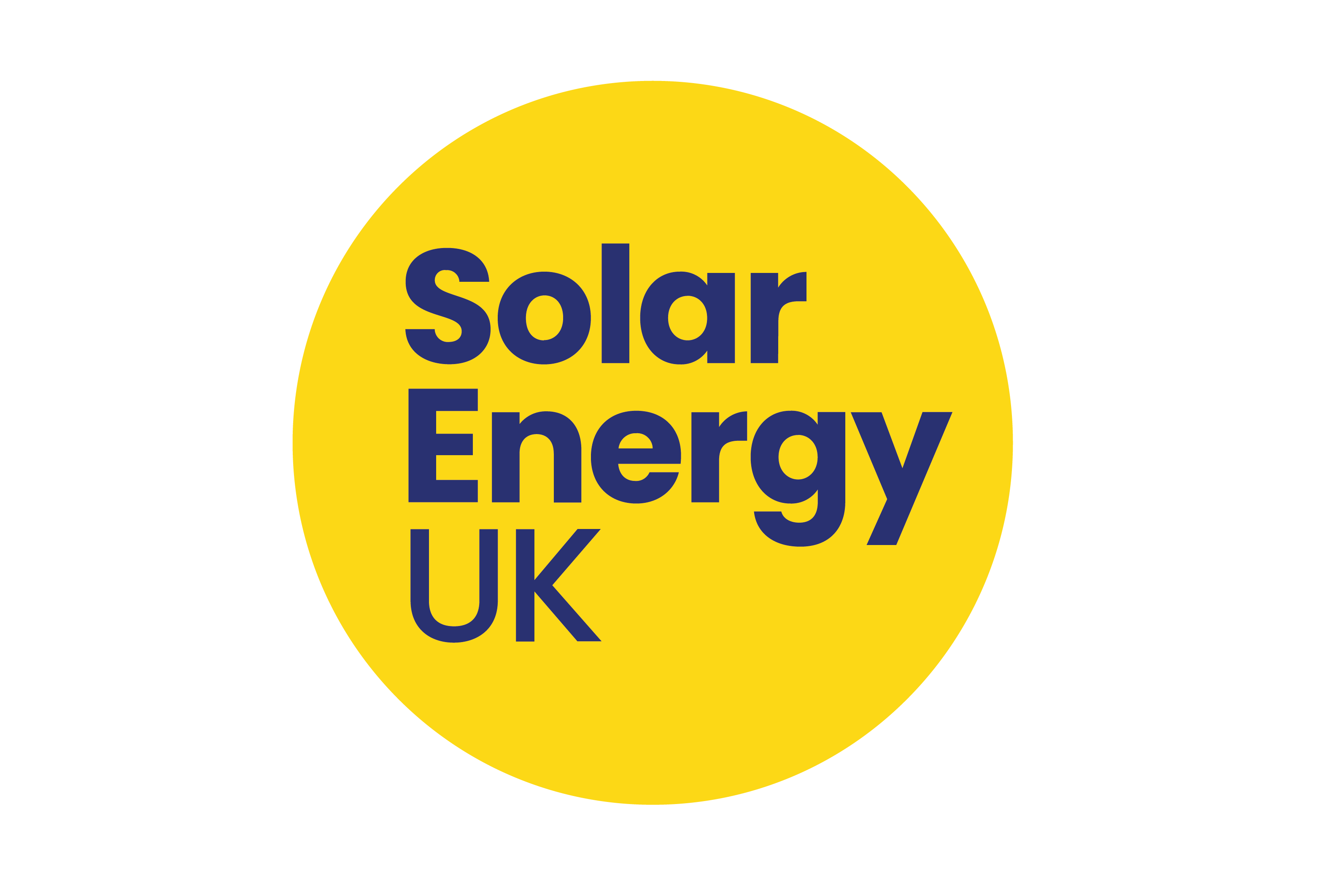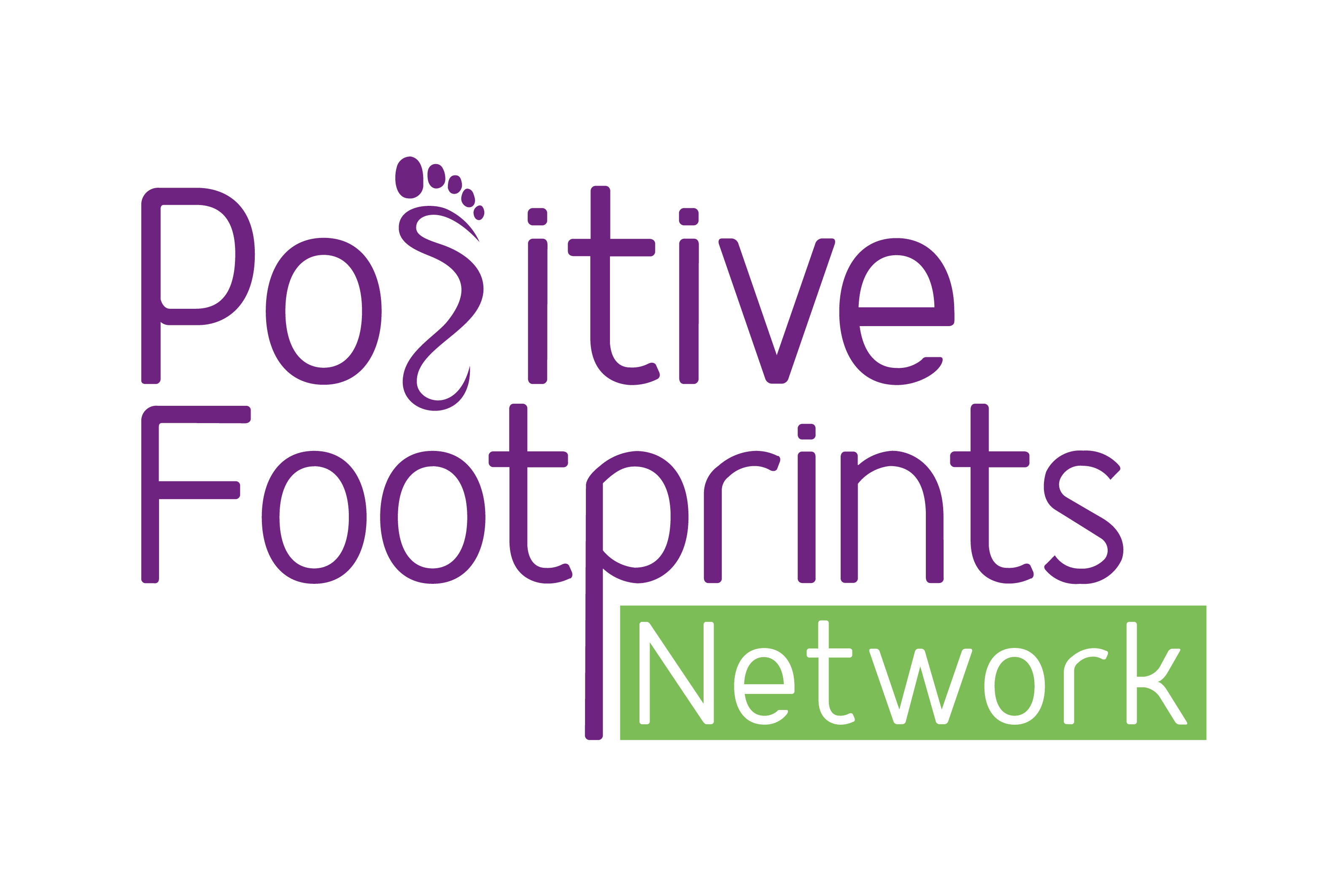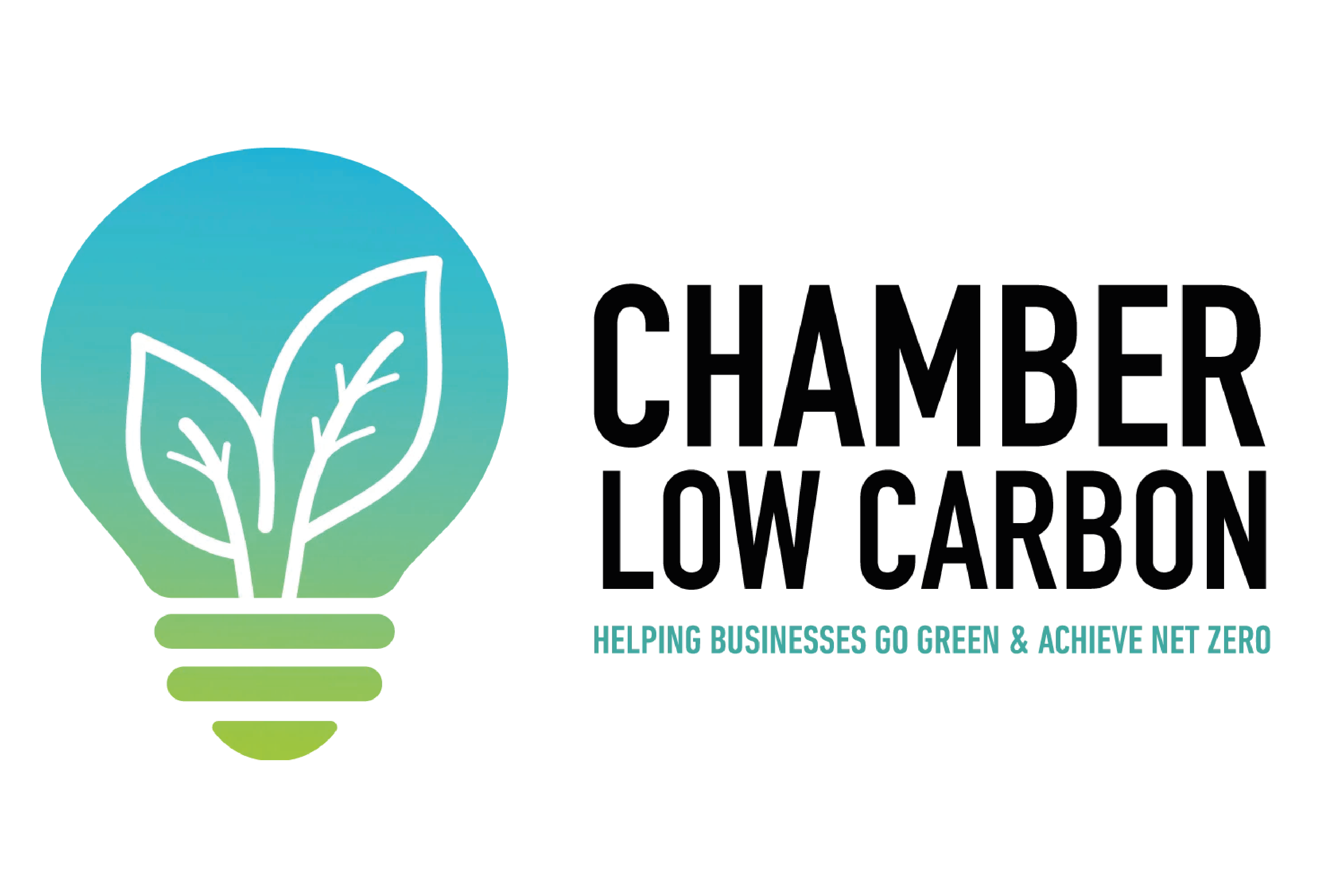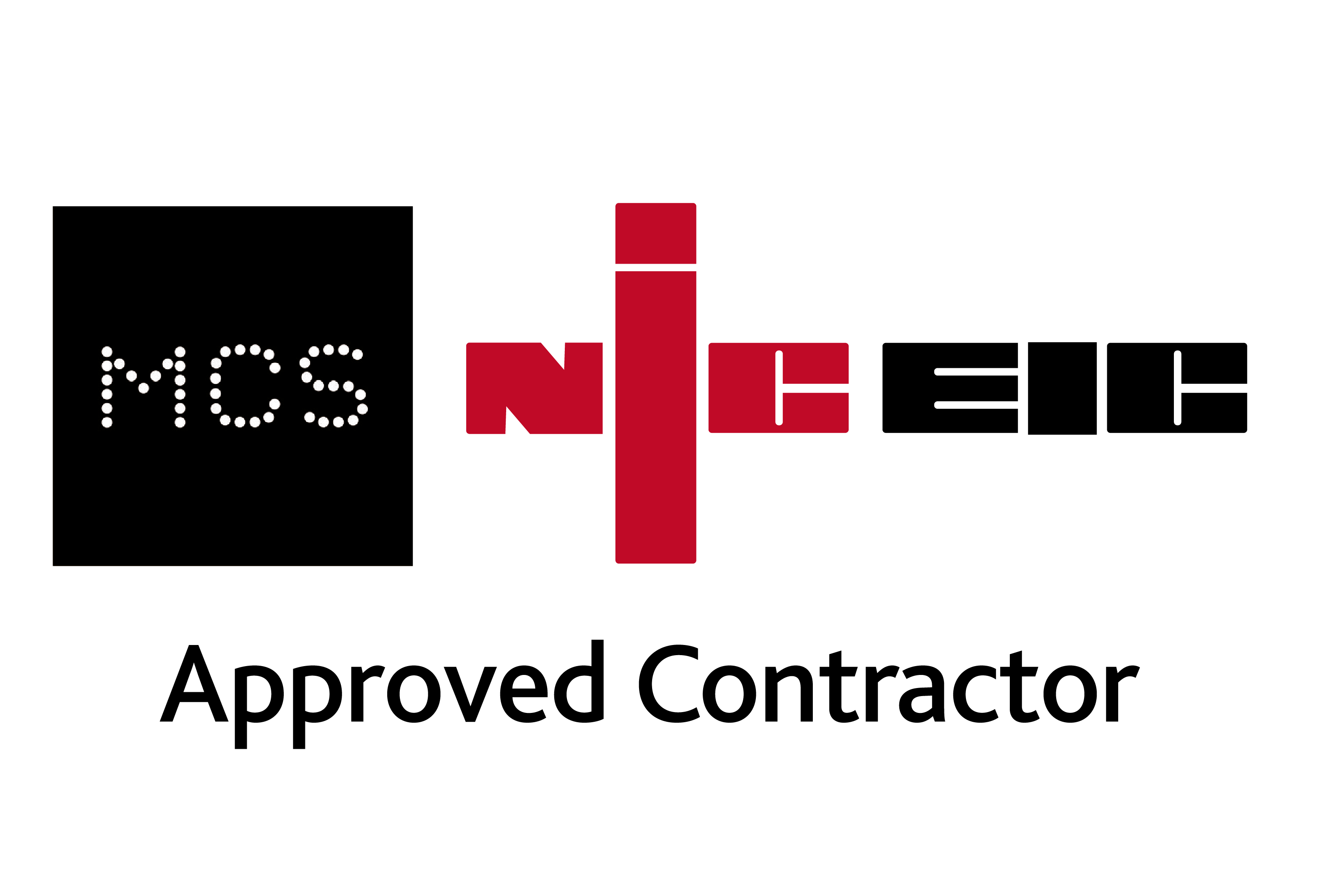
What can renewable energy do for your business?
What is renewable energy?
Renewable energy is drawn from a natural source that’s capable of producing it indefinitely. These sources, such as sunlight, seas and wind, are natural and self-replenishing, and generally have either a low-carbon or zero-carbon footprint. That sustainable nature is one of their most defining qualities, and stands in sharp contrast to fossil fuels like coal and gas. Unlike renewable energy sources, fossil fuel resources are finite, which means they’ll one day run out, and they also produce highly damaging greenhouse gas emissions that are having a devastating effect on our natural environment.
The sustainability of renewable sources, combined with their low emissions levels, makes them a key resource in addressing the climate crisis, and one of the many reasons why it’s so vital for the world to make the transition away from fossil fuels towards renewable sources of energy.
The COP28 UN climate conference in 2023 marked the first time that member nations universally recognised the need for this transition, and the UK and US are among the countries that have already pledged to reach Net Zero by 2050.

What are the main types of renewable energy?
Renewable energy is drawn from a diverse array of different sources, including solar power, which we specialise in here at Low Carbon Energy. Here’s a quick overview of some of the most prominent types of renewable energy.
Solar energy
Solar energy is the most abundant of all energy resources, and combined with the plummeting costs of solar panels over the last decade, that’s made them one of the most practical and popular forms of renewable energy solutions for countless organisations across the globe. Solar panels use a process called photovoltaics to convert sunlight into electricity – even on cloudy days – which can then be used immediately, or stored for later use. We have 60 years of combined experience with solar panels here at Low Carbon Energy.
Wind energy
Wind energy utilises the kinetic energy of moving air currents through the use of large wind turbines, which can be located onshore (on land), or offshore (i.e. out at sea). The UK is currently a global leader in offshore wind energy, operating more than 11,000 wind turbines with a total installed capacity of 30 gigawatts. That’s theoretically enough to power 26,280,000 (over 26 million) homes for a year! Average wind speeds vary considerably by location, but it’s thought that most regions in the world have considerable capacity for wind energy generation.
Hydropower
Hydropower generates energy from the movement of water from higher to lower elevations, typically through reservoirs and rivers. Currently, it’s the world’s largest source of renewable energy in the electricity sector, and hydropower reservoirs also serve a number of other useful functions, such as providing clean drinking water, and flood and drought control. Since it’s reliant on stable rainfall patterns though, that means it’s vulnerable to the impacts of climate change, such as severe droughts and similar weather phenomena.
Geothermal energy
Geothermal energy relies on accessible thermal energy from the Earth’s core, typically harnessed from geothermal reservoirs using wells and similar means. The renewable energy technology for harnessing geothermal energy has seen particularly rapid advancement in the past 100 years or so, but some countries have been using various techniques based on the principle for thousands of years. In recent years it’s been used to help encourage plant growth, for melting snow on roads, and for district heating in homes and businesses.
What can renewable energy do for your business?
Renewable energy has a wide range of almost universal advantages, potentially making it a powerful asset for your business. As far as businesses are concerned, the most widely-utilised type of renewable energy is solar power. We’ve documented the advantages of solar in detail before, but if you need a quick summary, here’s a brief roundup of some of the most crucial benefits.
Reduce your carbon footprint
Solar panels can generate significant amounts of renewable energy for business, and they can help you to make a notable impact on your carbon footprint, especially if you work in an energy-intensive sector such as manufacturing. By harnessing a new source of clean, cheap renewable energy, you can cut your reliance on fossil fuels, directly resulting in lower greenhouse emissions. The exact size of the positive impact on your carbon footprint is dependent on a variety of different factors, often including your location, the nature of your business, and the energy consumption of any machines or systems you operate.
Cost savings and Return on Investment
Renewable solar energy systems generate electricity at a fixed cost, helping you to reduce your reliance on the National Grid, and protecting your business from steadily rising energy costs. Solar panel installations also provide an excellent return on investment – the majority of them end up paying for themselves in a relatively short amount of time (depending on the size of the installation and nature of the business), giving you the freedom to enjoy all the cost savings that come from steady, reliably low energy prices.
Boost your energy security and independence
Another key advantage of reducing your reliance on the National Grid is that it protects you not just from generally rising prices, but also sudden economic shocks due to global issues or geopolitical events, which have become ever-more prevalent in recent years. (The Covid-19 pandemic and Russian invasion of Ukraine are the first two examples that spring to mind.) By providing you with your own independent source of on-site energy, commercial solar panels can help you stabilise your costs in the long term, and make it markedly easier to protect your business continuity.
Find out more about energy security
Improve your ESG and CSR credentials
Successive studies have shown that climate concerns and ethical issues are more important than ever to consumers, investors and potential business partners alike – a major factor in the rise of Environmental, Social, and Governance (ESG) principles, and Corporate Social Responsibility (CSR). What’s more, they’re wary of the potential for greenwashing – when companies who seem to be paying lip service to the idea of climate action, without actually taking any meaningful steps to address it. Commercial solar panels can serve as a tangible demonstration of your climate commitments, which can end up giving you a valuable edge over competitors.
Achieve your sustainability goals and reach Net Zero
With cultural attitudes changing and regulatory expectations gradually evolving to be more in line with a low-carbon future, the businesses that stand to thrive the most are those which take a proactive stance in cutting their carbon emissions, rather than simply reacting to external pressure. That’s why your business can benefit from creating and implementing strong, realistic sustainability goals, with a view to ultimately reaching Net Zero. Commercial solar panels can be instrumental in reaching (and exceeding) those goals, helping you cut your carbon footprint and position yourself at the forefront of the low-carbon revolution – as you enjoy all the additional benefits that brings.
Here at the Low Carbon Energy Company, we have over 60 years of combined experience in commercial solar, having helped SMEs and large corporations across a wide variety of sectors transform their business’ energy supply.
Each of our installations is bespoke. We tailor your solution to your specific energy profile, helping us to maximise carbon reductions and saving you thousands in energy bills. Feel free to look at our case studies for just a few examples of businesses which have reaped huge rewards from solar, such as Boeing and Irish Water. To find out how we can help you, feel free to give us a call today on 01282 421 489!
 Energy Technology
Energy Technology

Powering your present. Preserving your future.
Call us on 01282 421 489

strategy be a priority?

